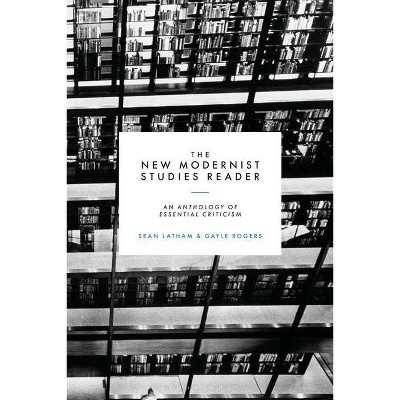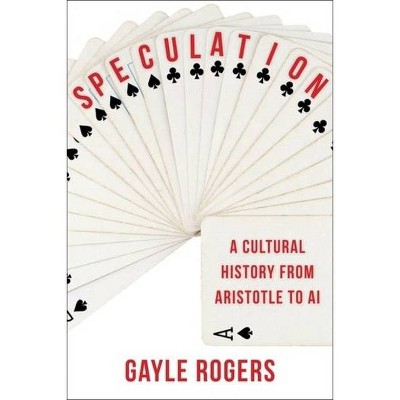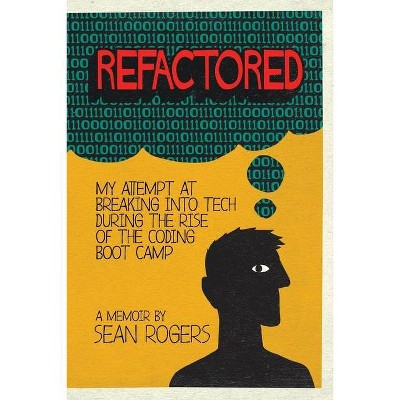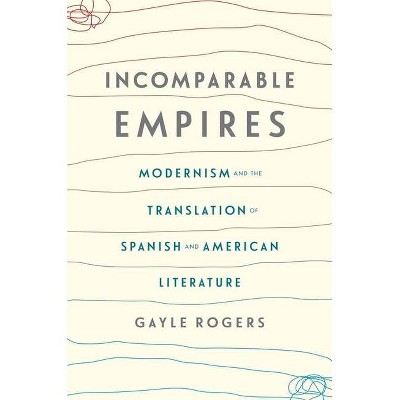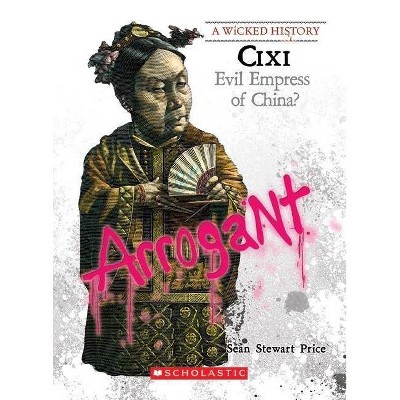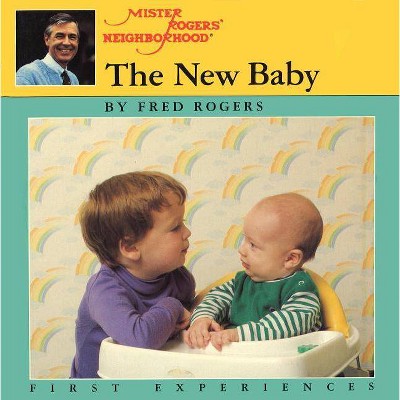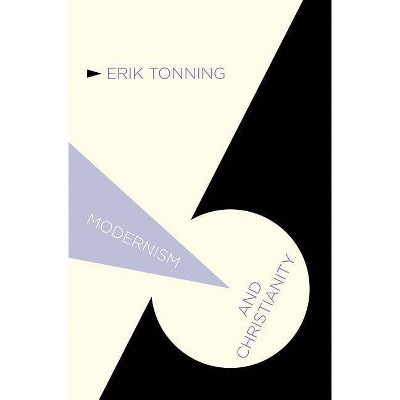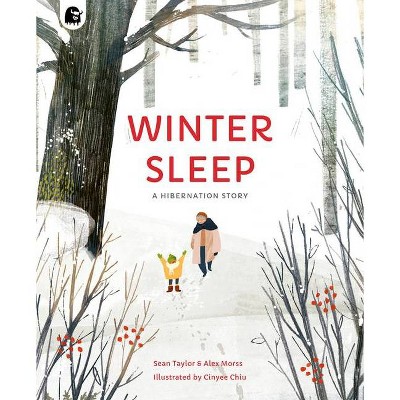Modernism - (New Modernisms) Annotated by Sean Latham & Gayle Rogers (Paperback)
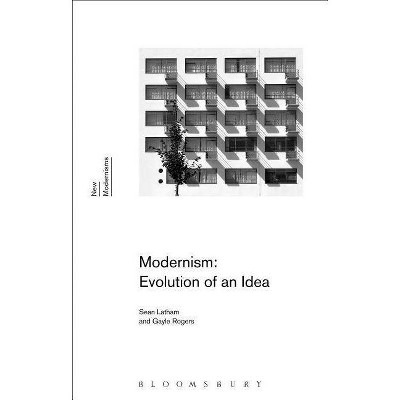
Similar Products
Products of same category from the store
AllProduct info
<p/><br></br><p><b> About the Book </b></p></br></br>Modernism: Evolution of an Idea traces the development of the term "modernism" from cultural debates in the early twentieth century to the dynamic contemporary field of modernist studies. Rather than assuming and recounting the contributions of modernism's chief literary and artistic figures, this book focuses on critical formulations and reception through topics such as: the evolution of modernism from a pejorative term in intellectual arguments to its subsequent centrality to definitions of new art; new criticism and its legacies in the formation of the modernist canon in anthologies, classrooms, and literary histories; and shifting conceptions of modernism during the rise of gender and race studies, French theory, Marxist criticism, postmodernism, and more.<p/><br></br><p><b> Book Synopsis </b></p></br></br>What exactly is "modernism+ And how and why has its definition changed over time?<i><br/><br/>Modernism: Evolution of an Idea</i> is the first book to trace the development of the term "modernism+? from cultural debates in the early twentieth century to the dynamic contemporary field of modernist studies. Rather than assuming and recounting the contributions of modernism's chief literary and artistic figures, this book focuses on critical formulations and reception through topics such as: <br/><br/>- The evolution of "modernism+? from a pejorative term in intellectual arguments, through its condemnation by Pope Pius X in 1907, and on to its subsequent centrality to definitions of new art by T. S. Eliot, Laura Riding and Robert Graves, F. R. Leavis, Edmund Wilson, and Clement Greenberg<br/>- New Criticism and its legacies in the formation of the modernist canon in anthologies, classrooms, and literary histories <br/> - The shifting conceptions of modernism during the rise of gender and race studies, French theory, Marxist criticism, postmodernism, and more<br/> - The New Modernist Studies and its contemporary engagements with the politics, institutions, and many cultures of modernism internationally<br/><br/>With a glossary of key terms and movements and a capacious critical bibliography, this is an essential survey for students and scholars working in modernist studies at all levels.<p/><br></br><p><b> Review Quotes </b></p></br></br><br>An ambitious project ... tracing the evolution of the term "modernism+? from a cultural buzzword to a consolidated ... signifier of a particular set of artistic conventions and works ... It would not be surprising to see this study on any modernist's bookshelf.<br/>Make It New (The Ezra Pound Society)<br><br>Highly recommended. Lower-division undergraduates through faculty; general readers.<br/>CHOICE<br><br>Sean Latham and Gayle Rogers offer a perfectly timed history ... that will be of immediate interest to anyone who studies modernism and twentieth-century literary history ... They offer a succinct, often fascinating account of how and why it has become impossible to offer a tidy definition of modernism ... The picture that emerges from Latham and Rogers's narrative is one of incredible complexity and variety ... With this condensed, lucid, compelling history, Latham and Rogers enable their readers ... to learn what has been accomplished in the last century of interrogating modernism and then discover what tasks remain. Because of the significant critical generosity that underwrites this study, we can conclude, with Pound, Latham, and Rogers, that there is still much to do.<br/>James Joyce Quarterly<br><p/><br></br><p><b> About the Author </b></p></br></br><p><b>Sean Latham </b>is Pauline Walter Endowed Chair of English and Comparative Literature and director of the Oklahoma Center for the Humanities. He is editor of the <i>James Joyce Quarterly</i>, co-founder of the Modernist Journals Project. His teaching and research focuses on modernist studies, James Joyce, periodicals, media theory, and the digital humanities. He is the author or editor of nine books including <i>"Am I a Snob?" Modernism and the Novel</i> (Cornell University Press, 2003), <i>The Art of Scandal</i><i>: Modernism, Libel Law, and the Roman à Clef</i> (New York: Oxford University Press, 2009), and <i>The Little Review </i>Ulysses (New York: Yale University Press, 2015). <p/><b>Gayle Rogers</b> is associate professor of English at the University of Pittsburgh, where is affiliated with the European Studies Center, the Center for Latin American Studies, and the Cultural Studies program. He works primarily on global modernisms, literary history, translation, comparative literature, and periodicals. His publications include <i>Modernism and the New Spain: Britain, Cosmopolitan Europe, and Literary History </i>(Oxford University Press, 2012), and a number of works in <i>PMLA</i>, <i>Modernism/Modernity</i>, <i>Comparative Literature</i>, <i>NOVEL</i>, <i> Journal of Modern Literature</i>, <i> James Joyce Quarterly</i>, <i>The Oxford Handbook of Global Modernisms</i>, <i>Journal of Modern Periodical Studies</i>, <i>Modern Fiction Studies</i>, <i>Revista de Estudios Orteguianos</i>, and <i>100 Escritores del siglo XX</i>. His book <i>Incomparable Empires: American Literature, Spanish Translation, and Global Modernisms</i> is forthcoming from Columbia University Press in 2016.</p>
Price History
Price Archive shows prices from various stores, lets you see history and find the cheapest. There is no actual sale on the website. For all support, inquiry and suggestion messagescommunication@pricearchive.us
